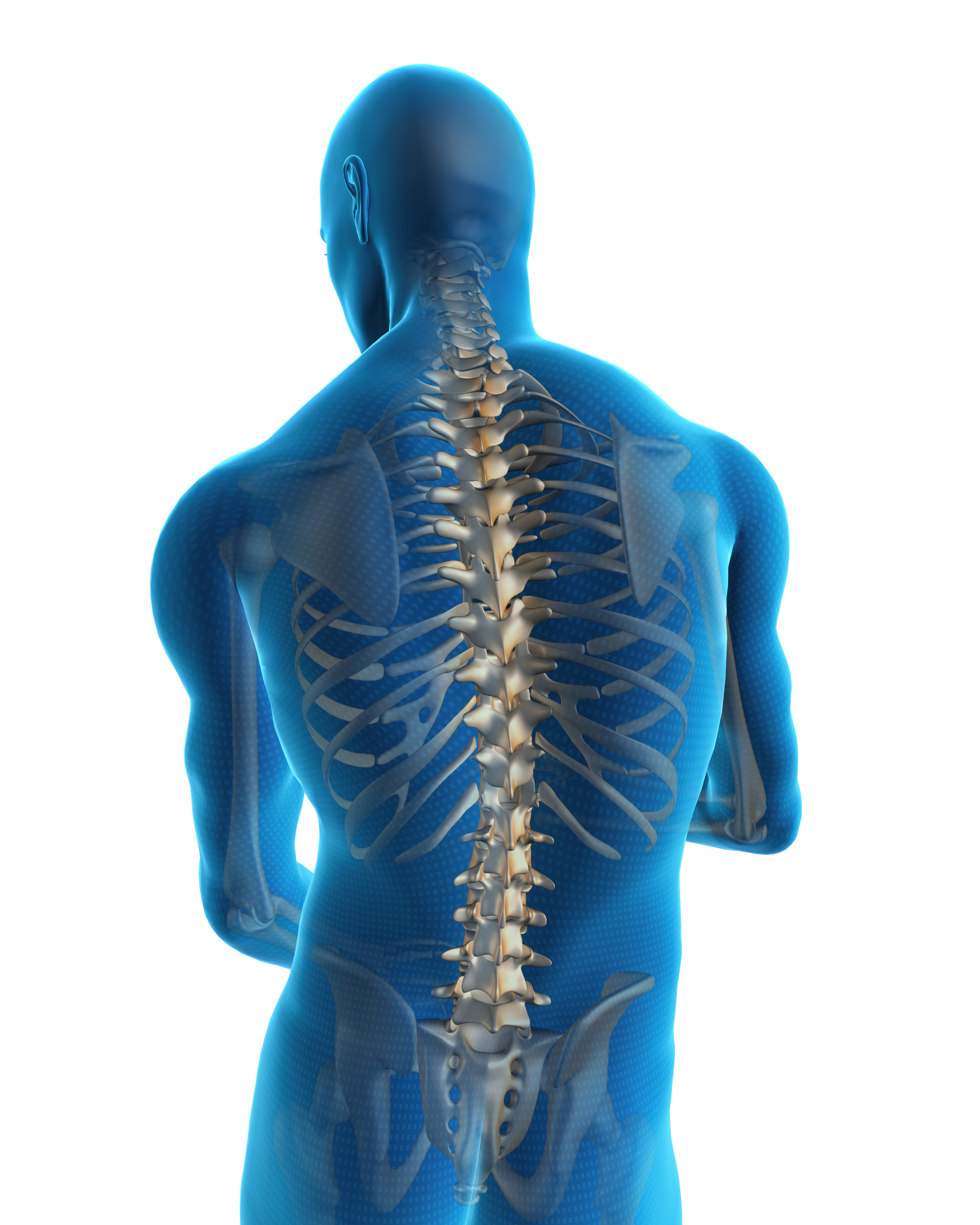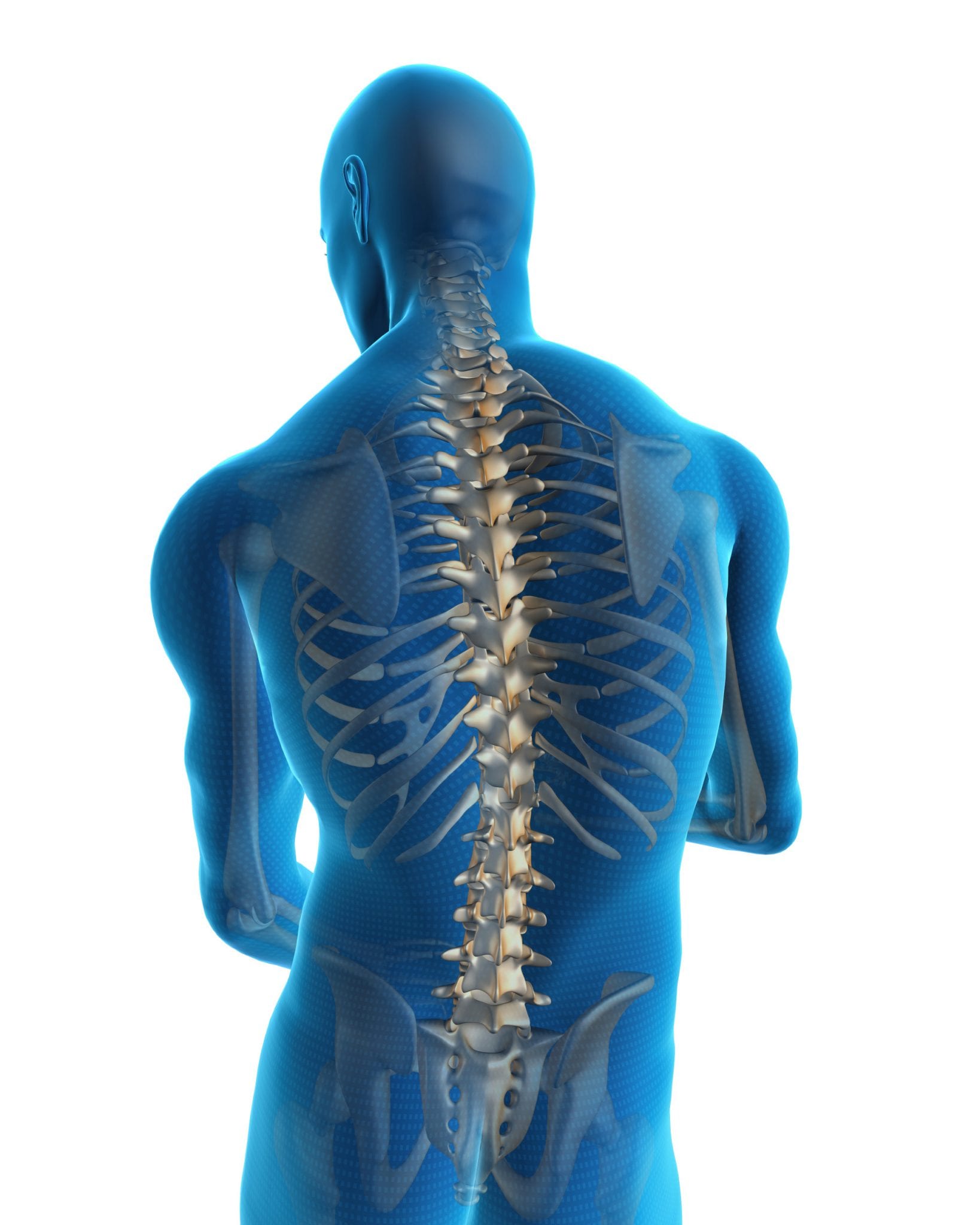Written by: Mary Brintnall-Peterson, Ph.D., MBP Consulting, LLC, Professor Emeritus, UW-Extension & Caregiver.
(Second article in a four-part series on staying positive as a caregiver)
Since every caregiver will experience stress sometime in their caregiver journey and the realization of the need for caregivers to be positive to stay healthy a four-part series, staying positive as a caregiver was created.
The articles are:
- Staying Positive: The Link Between Being Positive & Stress
How our caregiving stress hinders being positive and maintaining a positive attitude. - Staying Positive: How Our Bodies React to Stress
Identifies differences in how our body reacts to stress versus positive thinking and a positive attitude. - Staying Positive: Action Strategies to Help Caregivers Stay Positive
Positive building strategies that can be added to your caregiver tool box that involve others or require an action. - Staying Positive: Internally Focused Strategies to Help Caregivers Stay Positive
More positive building strategies that require self-reflection, learning new skills and are more internally focused.
In article two we explore in detail how the body reacts to stress. I am a caregiver of an adult child who has cancer. My caregiver journey has had many ups and downs so I’ve worked to listen to what my body is telling me. Since I’ve been caring for my son, for almost two years, I am at risk for having chronic stress. Having a better understanding of how different parts of my body react to stress and how the various systems work together makes it easier for me to identify when I need to make adjustments so I can stay as healthy as possible.
 Our Body’s Reaction to Stress
Our Body’s Reaction to Stress
Let’s look at each body system and how it experiences stress so we can monitor your stress levels and take appropriate action to keep them under control. When writing this article, the “Skeleton Song” came to mind as it reinforces how our bones connect to one another to work as one structural system. The same is true for our body’s other systems. Reaction to stress starts in the brain as the amygdala processes our emotions and then sends a signal to the hypothalamus, the command center of the brain. The hypothalamus sends messages to our nervous system which communicates with our body’s other systems so it is ready to address stress.
Our autonomic nervous system controls the sympathetic or parasympathetic systems. The sympathetic nervous system determines whether we’re going to either have a “fight or flight” response by giving us energy. It signals the adrenal glands to release hormones (adrenalin or cortisol). These hormones cause our heart to beat faster, breathing increases, blood vessels dilate and our digestive system releases glucose (sugar) into our blood stream so we can react quicker. This process happens quickly and once the crisis is over our body returns to normal or a state of non-stress. Too much stress can wear down the body and can cause medical issues in different parts of our body. Next, we will look at the different systems in our body and how they are affected when we are stressed.
- Musculoskeletal system controls our muscles which tense up when under stress in order to avoid injury and pain. If our muscles do not relax once the stress is over, we could experience muscle and tension headaches or migraines, lower back pain, shoulder pain or body aches. If you have a physical injury, stress could create chronic painful conditions.
- Respiratory system reacts to stress by breathing faster so oxygen-rich blood is distributed throughout our body and carbon dioxide waste is removed. Sometimes we could experience shortness of breath. If we have asthma or emphysema or other breathing conditions stress can make it even harder to breath. In fact, rapid breathing or hyperventilation caused by stress can bring on a panic attack in some individuals.
- Cardiovascular system consisting of our heart and blood vessels provides nourishment and oxygen to our organs. When we experience stress our heart muscle works harder due to the stress hormones of adrenaline and cortisol. Our blood vessels send blood to our large muscles and our blood pressure goes up. Once stress has pasted your heart should return to its normal state. If we are under chronic stress over a long period of time, we could experience heart and blood vessel problems, hypertension, heart attack or stroke. If you are a postmenopausal woman you lose the protection from estrogen and are at a greater risk of heart disease.
- Gastrointestinal system is composed of the esophagus, stomach, and bowel. It has millions of neurons which function on their own but still receive messages from the brain. Our gut responds to stress messages by having butterflies, mood changes, bloating, and other gut discomforts. The gut and brain influence each other and with prolonged stress gut diseases can appear. When stressed we may want to eat more while others don’t feel like eating at all. If we increase the use of alcohol or other harmful substances, we could have heartburn or acid reflux. If we experience extreme stress we could feel as if we are having a heart attack when it’s the esophagus in spasm. We could experience burping, gassiness and/or bloating by swallowing air or from other eating difficulties. Our stomach could react with stomach aches, nausea, vomiting, bloating and increases or decreases in appetite. These symptoms can be more prominent in the bowels and could result in either diarrhea or constipation or painful muscle spasms. Individuals with chronic bowel disorders such as inflammatory bowel disease or irritable bowel syndrome may experience additional discomfort.
- Reproduction system is also affected by stress. Both sexes could experience a decline in sexual desire. Men may produce more testosterone, and if they are stressed for a long time it can interfere with sperm production and/or cause erectile dysfunction or impotence. There can also be an increase of infection in the prostate or testes. Women may experience changes in their menstrual cycle such as being irregular, heavier, or painful periods. Premenstrual women may have cramping, fluid retention, bloating, and irritability along with mood swings. Menopausal women may experience an increase in their physical symptoms of menopause such as anxiety, hot flashes, mood swings, and feelings of distress, especially if stress continues for a long time.
- Immune system is stimulated by stress and can even help avoid infections and/or heal wounds. A stimulated immune system will disappear with long term stress as your body’s immune system becomes weak and can’t fight off foreign invaders, viral illnesses like the flu, colds, and infections. It may also take your body longer to recover from an illness or injury.
Understanding how our body reacts to stress provides insight into what we as caregivers need to do when our bodies are telling us we are under stress or when our bodies are becoming unhealthy due to chronic stress.
References
Mayo Clinic Staff. (2020, January 21). Healthy Lifestyle: Stress Management. Retrieved June 3, 2020, from Mayo Clinic.
Myers, G. P. (2018, September 17). Health Conscious. Retrieved May 22, 2020, from Benefits of A Positive Attitude:Heal Your Mind and Body.
Sapolsky, B. M. (2006, February). Stress and Your Health. (B. M. Sapolsky, Editor) Retrieved May 28, 2020, from Hormones and You.
Segal, J. S., Segal, R., & Robertson, L. (2020, May). HelpGuide. Retrieved June 6, 2020, from Stress Symptoms, Signs, and Causes.
Shaw, W. ,., Labott-Smith, S., Burg, M. M., Hostinar, C., Alen, N., van Tilburg, M. A., . . . Tovian, S. M. (2020, May 20). Stress effects on the body. Retrieved from American Psychological Association.
Smith, M. (2019, October). Caregiver Stress and Burnout. Retrieved June 13, 2020, from HelpGuide.
Watson, A. P. (2020, March 29). The Effects of Stress on Your Body. Retrieved May 30, 2020, from Healthline.
WebMD. (2018, November 26). What Does Stress Do to the Body. (S. Bhandari, Editor) Retrieved May 18, 2020, from WebMD, LLC.













